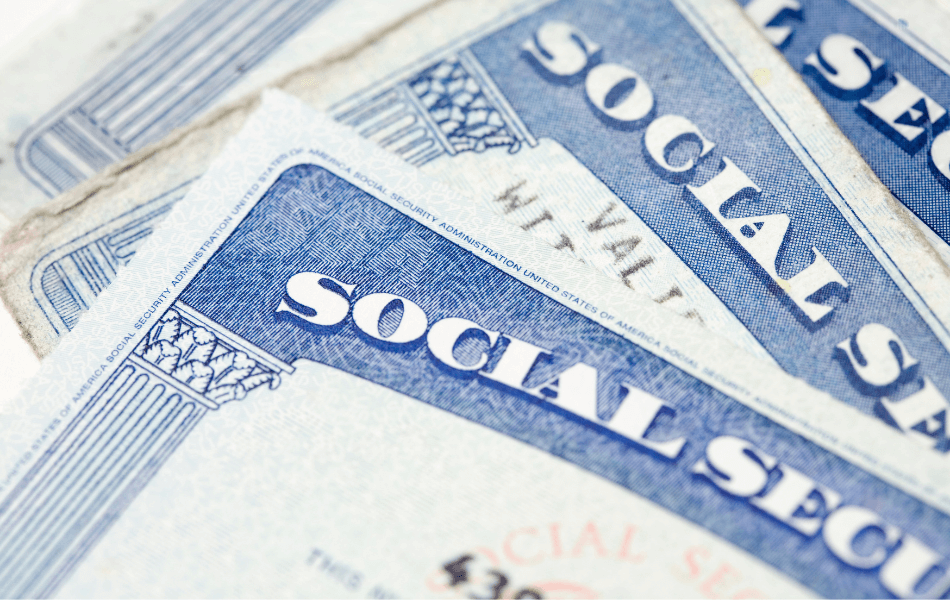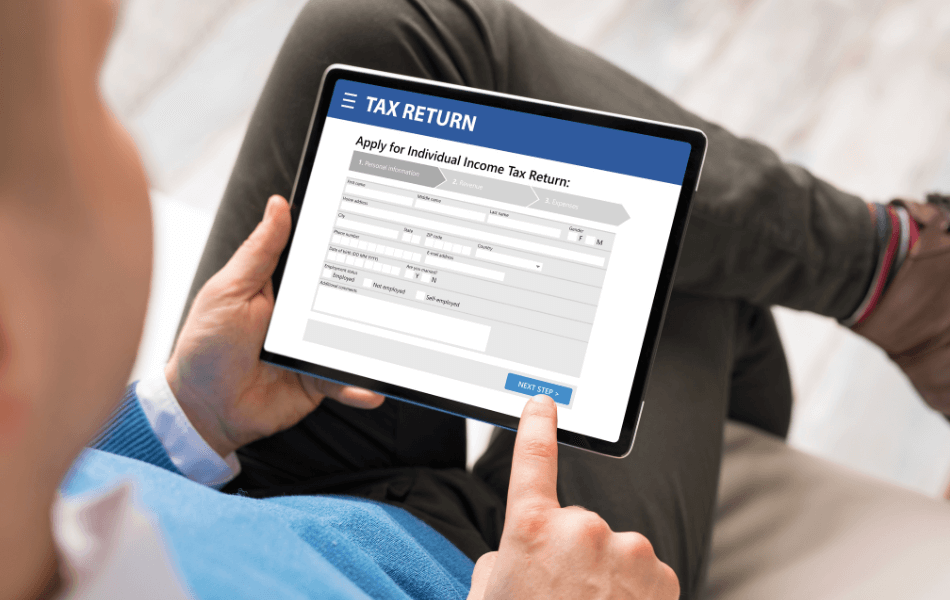Watch Out for These 5 Tax Scams
Updated: March 4, 2025
With tax season in full swing, it’s natural to be concerned about important documents like W2s, charitable contributions, 1099s, and the ever-growing threat of tax scams. With scams on the rise, the IRS has reported that fraud has led to millions of dollars being stolen, along with sensitive personal information. Scammers are relentless, using every communication method available – from traditional mail to phone calls and emails – to target victims. Let Launch help you keep your money and personal data safe by providing expert tips on how to identify and protect yourself from 5 different tax scams.
1. SSN Scam
In the SSN Scam, fraudsters may call claiming they can cancel or suspend your Social Security Number due to unpaid bills. The IRS advises that if you receive such a call, you should immediately hang up and block the number. Scammers use this fear tactic to pressure victims into sharing personal information. A simple rule to remember: never share your personal details over the phone unless you’re absolutely certain the caller is legitimate. The IRS will never demand immediate payment, request payments to anyone other than the U.S. Treasury, or threaten arrest by law enforcement if you don’t pay right away. If you receive this kind of call, be sure to report the number to the IRS.


2. Email Scam
First and foremost, the IRS will never send unsolicited emails and does not contact taxpayers regarding the status of their refunds. Be cautious of fraudulent emails with subject lines such as “Automatic Income Tax Reminder” or “Electronic Tax Return Reminder.” These emails often contain a link urging you to create a temporary password to access your files – don’t click it! Doing so can download malware to your computer, giving scammers access to your personal and financial information. As scammers grow more sophisticated each year, they craft emails that look legitimate and design fake websites that closely resemble the IRS’s official site. For more tips on how to protect yourself from phishing scams, check out our blog, How to Spot a Phishing Scam.
3. Phone Scam
A new twist on the classic phone scam is making the rounds. Fraudsters are now posing as representatives from the Taxpayer Advocacy Service, even “spoofing” their phone number to make it appear legitimate. These scammers are after your personal information, such as your Social Security number and taxpayer identification number. Remember, the Taxpayer Advocacy Service will never call you without a valid reason. If you receive one of these suspicious calls, ask for a reference number, hang up, and contact the Taxpayer Advocacy Service directly to verify whether they made the call or not.


4. Ghost Scam
Make sure you fully vet a tax preparer before using their services. First, ask for their Preparer Tax Identification. It’s required that they have this to sign the return. Be wary of “ghost preparers” who may ask you to print, sign, and mail the form to the IRS on their behalf. If you’re e-filing, a ghost preparer will likely refuse to sign the return electronically. These scammers may also request cash payments, lie about tax deductions to inflate your refund, and route the refund into their own account instead of yours. Always ensure you’re working with a legitimate, trustworthy professional.
5. Tax Transcript Scam
Fraudsters are using tax transcripts as bait to trick people into opening documents that contain malware. They often impersonate banks or financial institutions and use subject lines like “Tax Account Transcript” or “Tax Transcript” to lure victims.
It can be difficult to know if the IRS is genuinely reaching out to you. The IRS states that they typically contact taxpayers through regular mail sent via the United States Postal Service, not through unsolicited emails or messages.

For more information on making this tax filing season a breeze, check out our tips on how to prepare for tax season.


